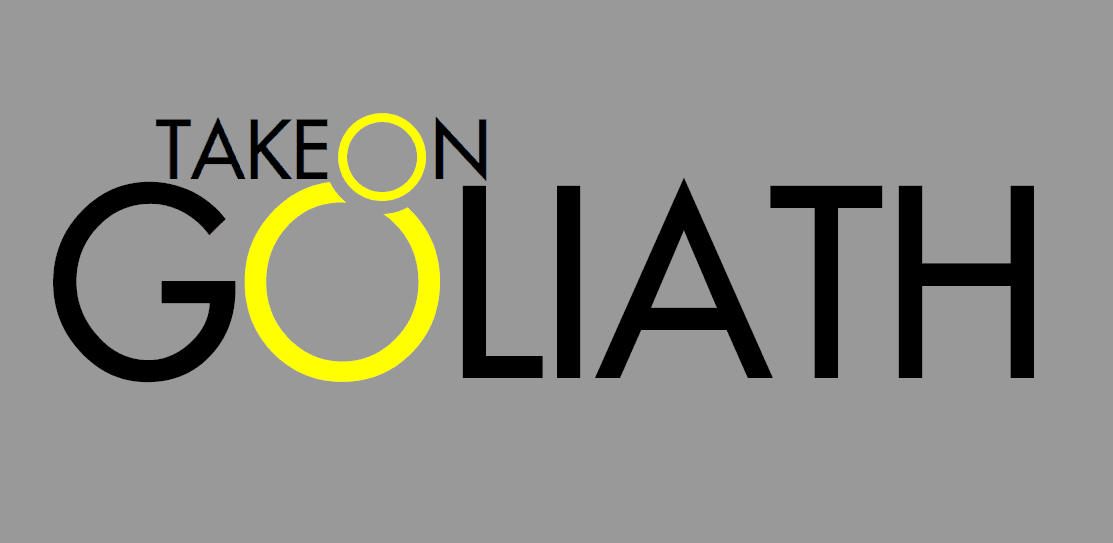Trademarks, copyrights and patents are all legal instruments available to protect an individual's or company's intellectual property rights, but each fulfils a different role and functions differently.
We can surmise the meaning of a trademark from its very name - it's a "mark" used in "trade". The main purpose of a trademark is to protect a brand's distinctiveness - for businesses, this means safeguarding their brand from infringement attempts; for customers, a trademark signals a single identifiable source of goods and services. This ties trademarks to the concept of a "brand" and makes them a perfect tool to protect a company or product name, logo or slogan.
Copyright protects a piece of (usually artistic) creation from copying or adaptation. It's well suited for literary, musical, dramatic and other creative outputs.
A patent protects the technical aspects of a new invention and ensures that the underlying functionality and/or mechanism described in the patent cannot be imitated. Where trademarks are concerned with whether two businesses from similar industries might give out a similar commercial impression, a patent is concerned with HOW a product is made, and gives inventors exclusive rights to use their inventions.
You can read more about intellectual property protection options in our article Trademarks, copyrights, designs & patents.






